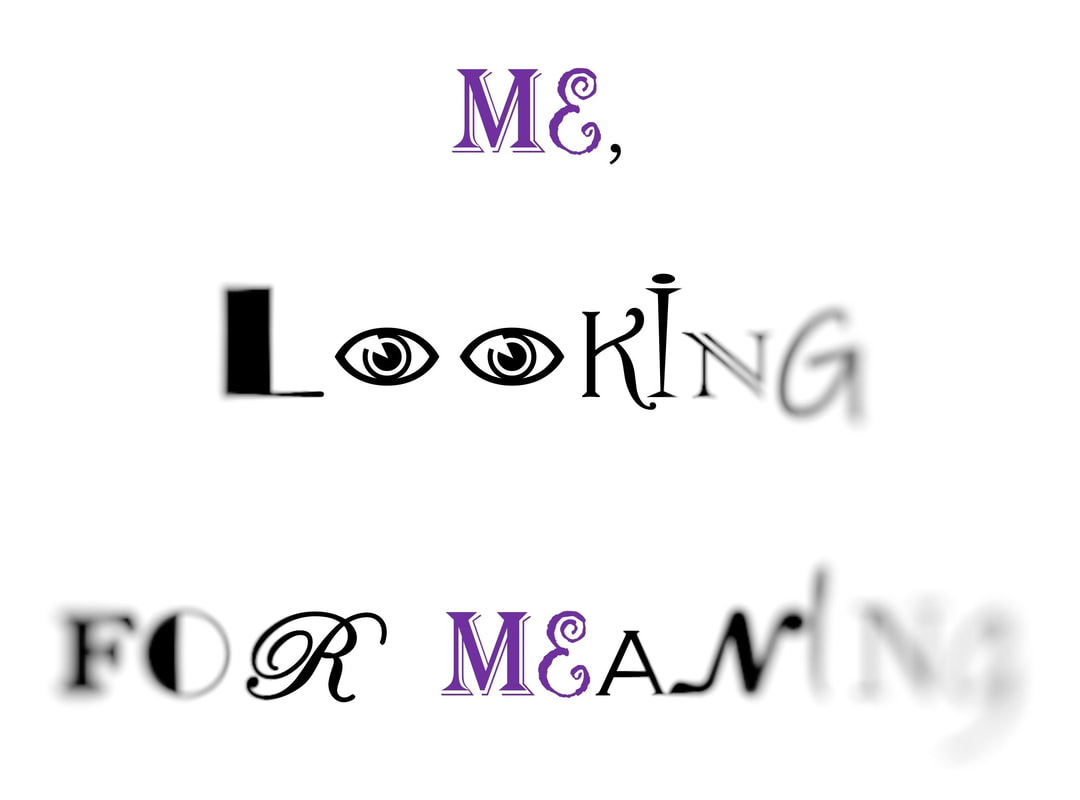Choice
PAGE IN PROGRESS
What you see here is a page of my hypertext book Me, Looking for Meaning. Initially empty, it will slowly be filled with thoughts, notes, and quotes. One day, I will use them to write a coherent entry, similar to these completed pages. See this post to better understand my creative process. Thank you for your interest and patience! :)
What you see here is a page of my hypertext book Me, Looking for Meaning. Initially empty, it will slowly be filled with thoughts, notes, and quotes. One day, I will use them to write a coherent entry, similar to these completed pages. See this post to better understand my creative process. Thank you for your interest and patience! :)
Existentialism - we are "radically free"
Choice can be liberating or it can be scary. When we can choose, we have to take responsibility for our choice. If somebody else chooses for us, we can blame them when something goes wrong.
interpretation is a choice
having a choice does not mean that using this choice is easy. What this means is that often we have a choice to see things differently, to attach different meanings to them. However, actually using this power of choice and seeing things differently requires substantial effort on our part. It often requires awareness of the fact that we even have the choice in the first place.
addiction
Philip Seymour Hoffman
Choosing how to see things: we have a choice how to see ourselves (my clear plastic bag meditation)
https://www.youtube.com/watch?v=WPnpEDMN90o&t=1s&ab_channel=ElizavetaFriesem
About this project: Start page
Choice can be liberating or it can be scary. When we can choose, we have to take responsibility for our choice. If somebody else chooses for us, we can blame them when something goes wrong.
interpretation is a choice
having a choice does not mean that using this choice is easy. What this means is that often we have a choice to see things differently, to attach different meanings to them. However, actually using this power of choice and seeing things differently requires substantial effort on our part. It often requires awareness of the fact that we even have the choice in the first place.
addiction
Philip Seymour Hoffman
Choosing how to see things: we have a choice how to see ourselves (my clear plastic bag meditation)
https://www.youtube.com/watch?v=WPnpEDMN90o&t=1s&ab_channel=ElizavetaFriesem
About this project: Start page
